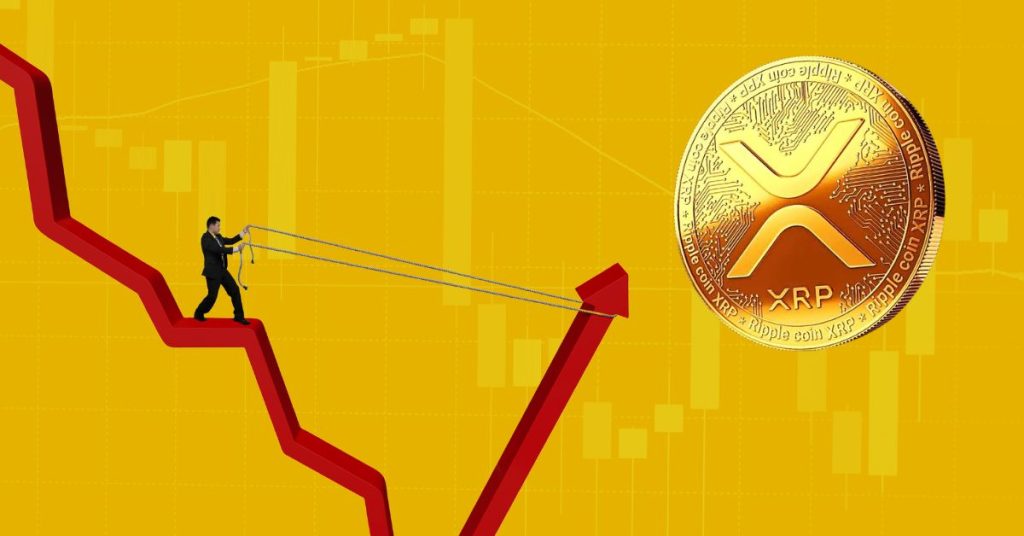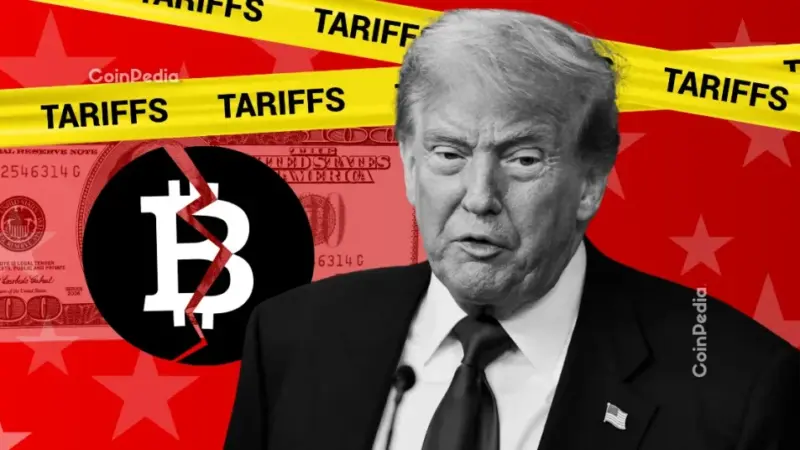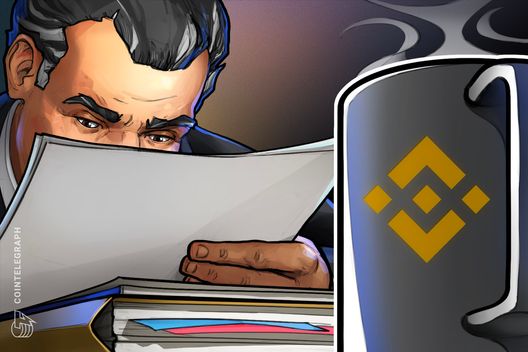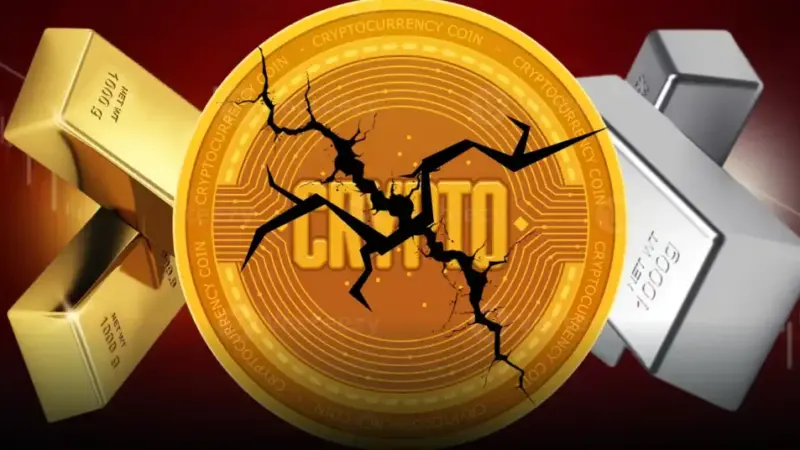Ripple vs SEC: XRP Lawsuit Enters Game-Changing Settlement Discussions


The post Ripple vs SEC: XRP Lawsuit Enters Game-Changing Settlement Discussions appeared first on Coinpedia Fintech News
The XRP lawsuit, which has gripped the cryptocurrency community, is now at a transformative juncture. Judge Analisa Torres in the Southern District of New York presiding over this critical phase. Noted attorney James K. Filan, a central figure in monitoring these proceedings, has provided a crucial update. Ripple Labs, a leading cryptocurrency payment company, and the U.S. Securities and Exchange Commission (SEC) have submitted their schedules, outlining the roadmap for the settlement phase.
This phase, encompassing remedies discovery and briefing, represents a pivotal legal battle. It serves as the foundation for negotiations and discussions that will ultimately shape the course of the case. What sets this phase apart is the determination of “permissible discovery terms,” essentially defining the boundaries of what can be explored by both parties.
The SEC’s letter to the federal judge, dated November 9, holds substantial weight in outlining the scope of permissible discovery. Both sides have concurred that the permissible discovery should focus on events preceding the SEC’s initial complaint against Ripple. This emphasis on the pre-complaint period is critical to the settlement discussions. But why is this settlement so debatable?
Pros of Settlement
On a positive note, a settlement in the XRP lawsuit could bring crucial benefits. Firstly, it would offer much-needed clarity regarding the status of XRP, benefiting both the cryptocurrency industry and its investors. Secondly, avoiding a lengthy trial would save substantial legal costs, enabling both parties to allocate resources more efficiently. Thirdly, a settlement would remove the cloud of regulatory uncertainty for Ripple, allowing the company to operate confidently.
Cons of Settlement
However, settling the case may have potential downsides. It could set a precedent for future crypto-related legal battles, potentially influencing regulatory approaches. Moreover, it might bypass the chance to establish clear industry regulations, leaving a lingering ambiguity. Finally, agreeing on the terms and timing of a settlement is bound to be a complex process, potentially prolonging the case’s resolution.
What’s the Latest Update?
In the XRP lawsuit, both Ripple Labs and the SEC agreed to focus on events before the SEC filed its complaint. The SEC has asked for 90 days to conduct discoveries related to remedies, which Ripple has accepted, showing a willingness to cooperate. However, Ripple can still challenge any discoveries made after the complaint. The SEC has also been granted permission to depose a key witness, Anthony M. Bracco, within the next 90 days.
This phase may be challenging, as predicted by pro-XRP lawyer John Deaton. He sees a settlement of $20 million or less as a significant success for Ripple. While Jeremy Hogan suggests, the Ripple case is essentially concluded as the SEC has dismissed the remaining aspects, ruling out further trials in 2024.

 (@FilanLaw)
(@FilanLaw) 




